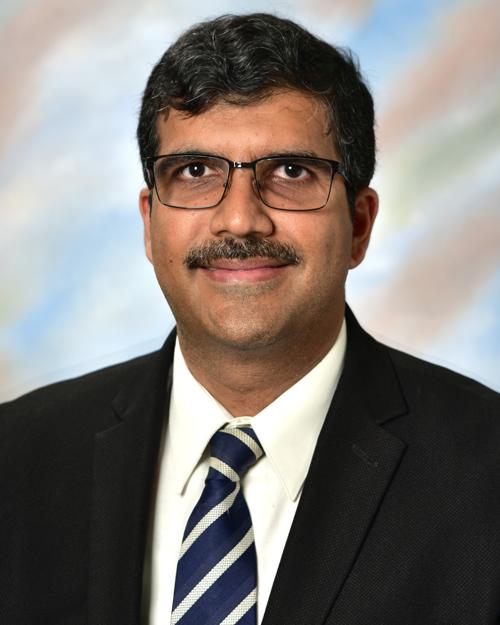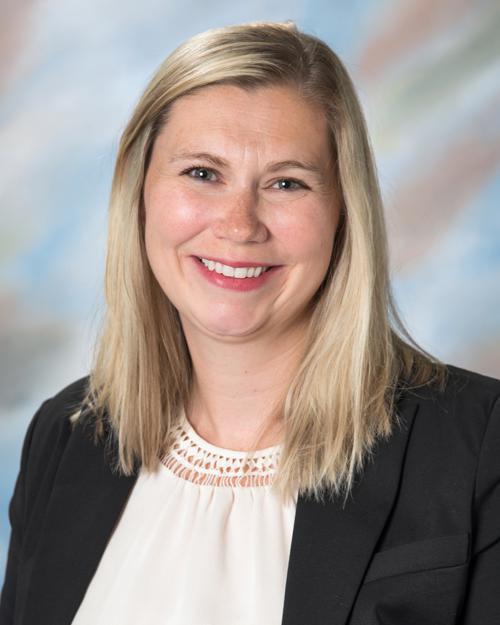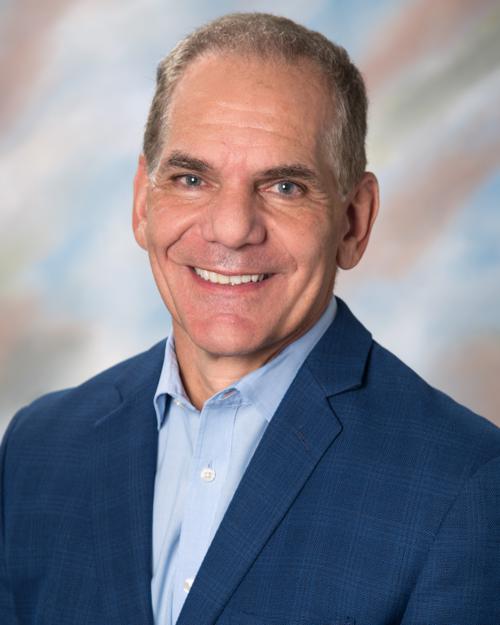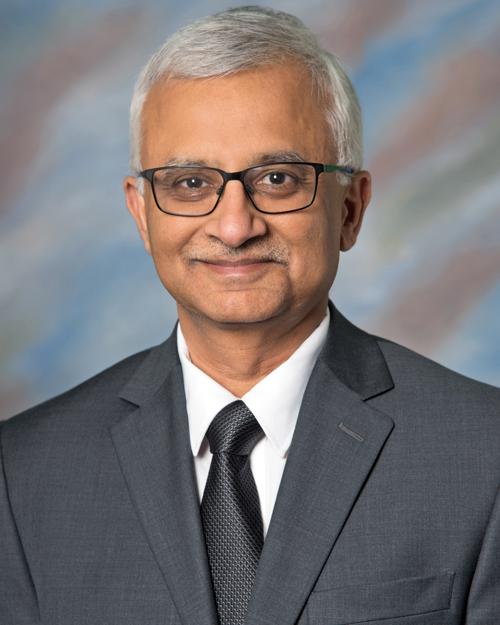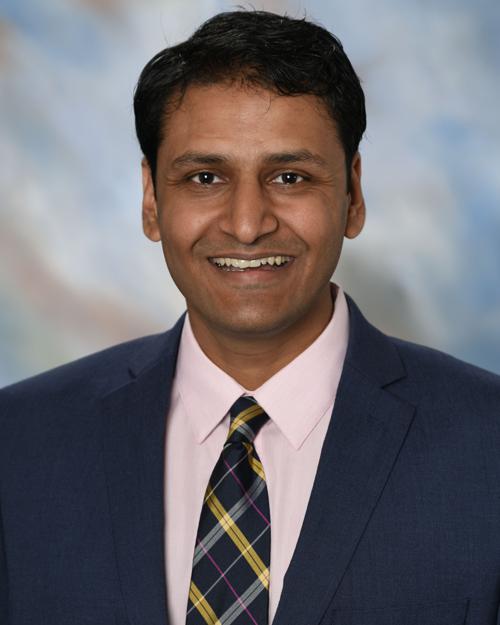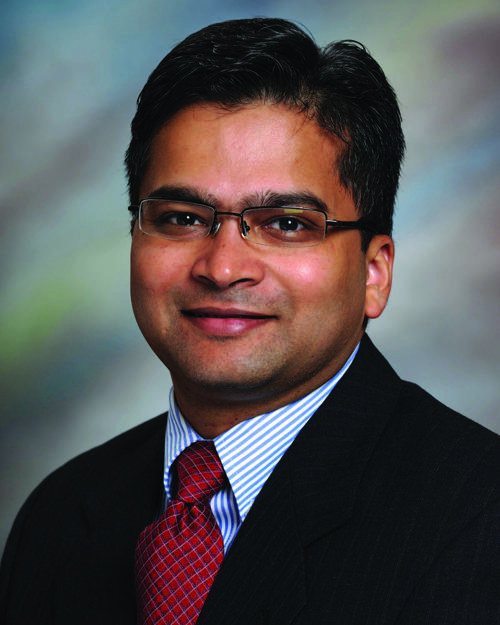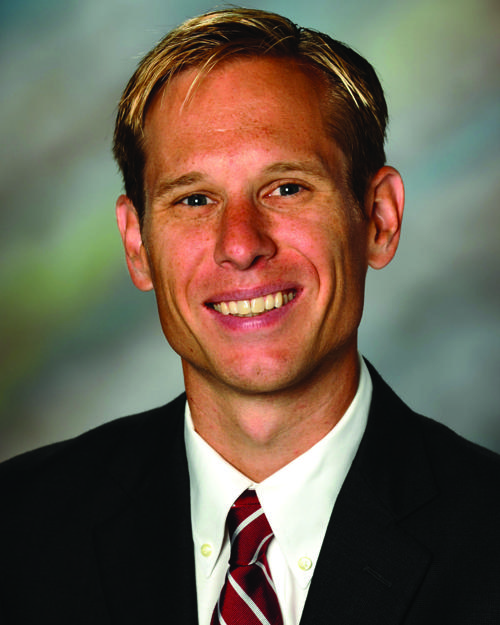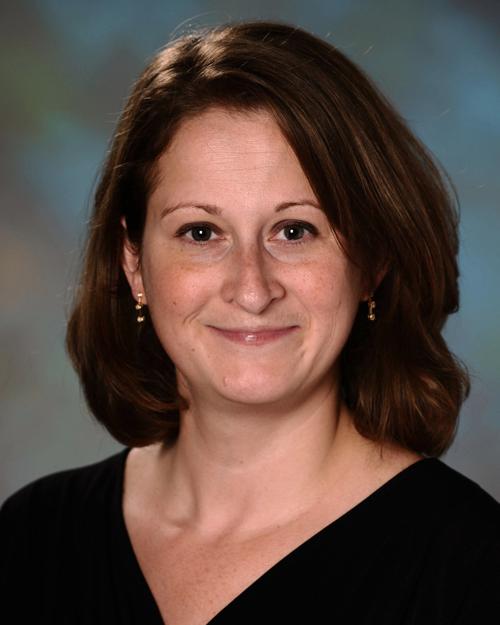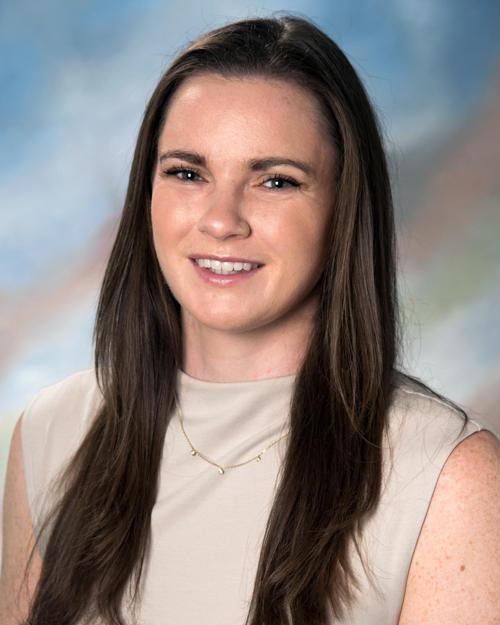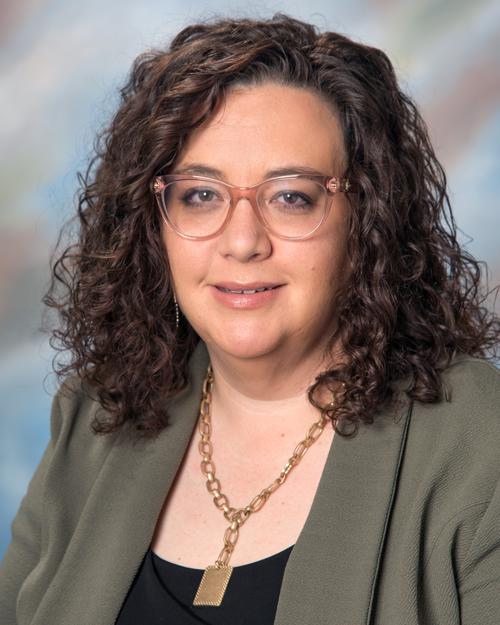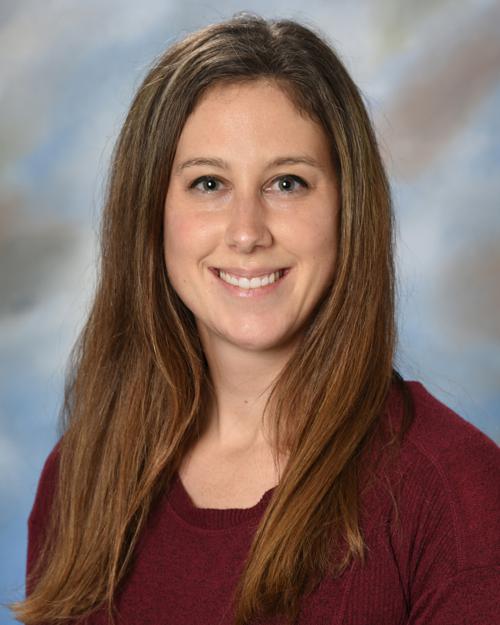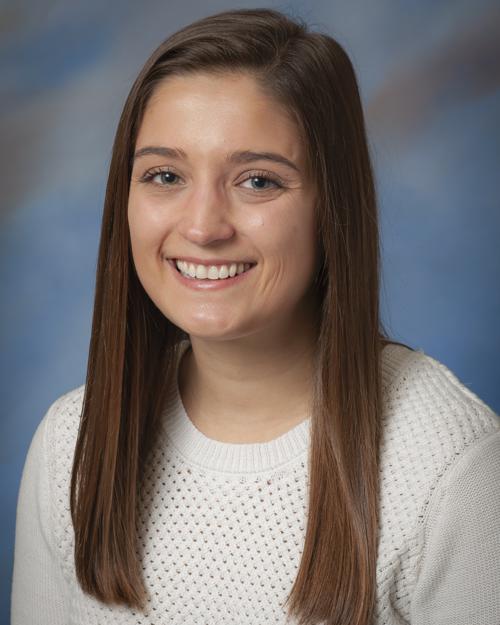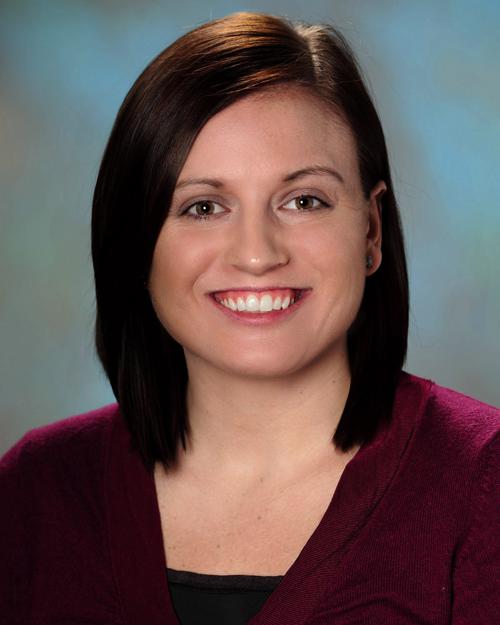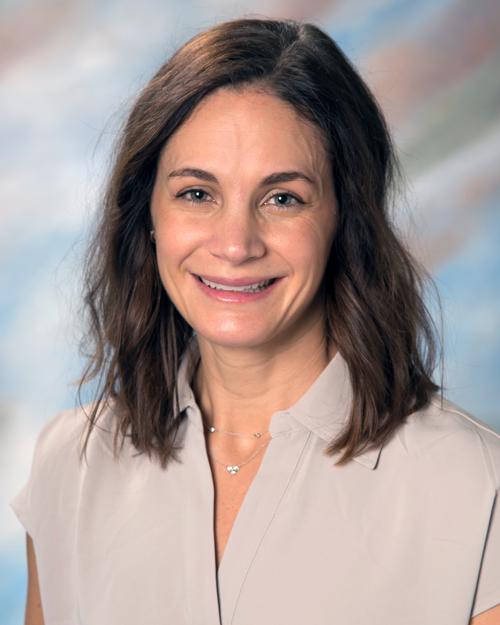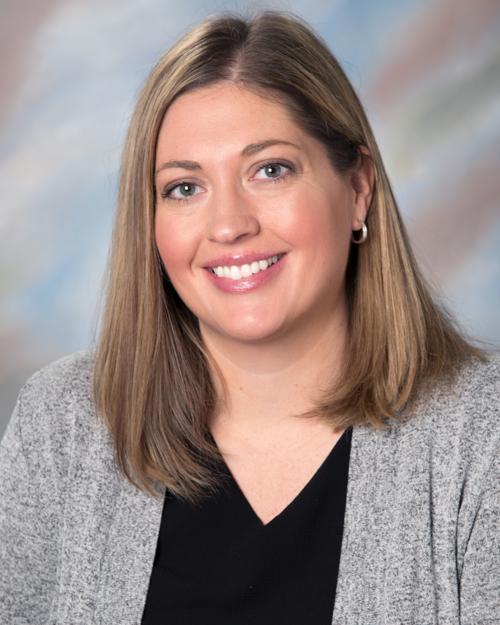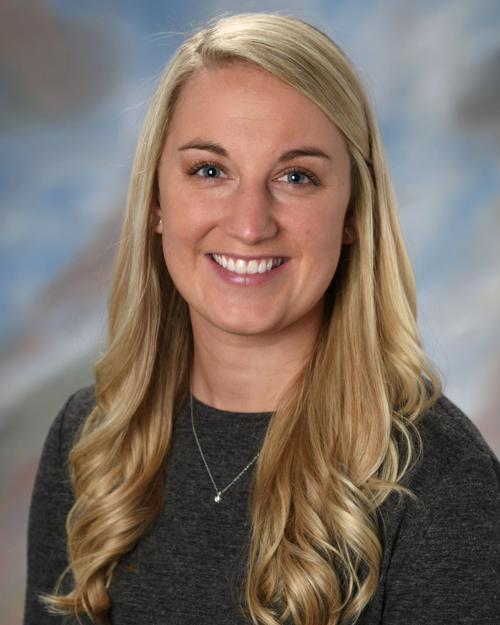Atrial Fibrillation (AFib)
Through state-of-the-art diagnostic and therapeutic tools, the TriHealth Heart & Vascular Institute’s AFib team provides individualized treatment and follow-up to patients with atrial fibrillation.
We know that not only early diagnosis, but early treatment leads to better cures and outcomes for patients with atrial fibrillation. Our multidisciplinary team of experts combines leading-edge technology with experience to deliver the best care possible.
What is Atrial Fibrillation?
Our priority is to see patients with AFib in a timely manner to assess the condition, offer management strategies, discuss next steps and provide education. Our AFib nurse navigator can assist you at this number: (513) 246-1969
Atrial fibrillation (sometimes known as AFib) is a quivering or irregular heartbeat (arrhythmia). Some people compare the experience to the fluttering of a bird’s wings. AFib is important to pay attention to because it can lead to blood clots, stroke, heart failure and other heart-related complications. An estimated 2.7 million Americans are living with AFib. About 15 to 20 percent of people who have strokes have this heart arrhythmia.
When you listen to a normal heart beat, you can hear the heart contracting and relaxing to a regular beat. That regularity changes in atrial fibrillation. In atrial fibrillation, the upper chambers of the heart (the atria) beat irregularly instead of beating effectively to move blood into the bottom chambers of the heart (the ventricles).
Symptoms of AFib
The most common symptom of AFib: a fluttering heartbeat.
It is important to pay attention to your body to recognize some of the symptoms of AFib. Some people with AFib will have no recognizable symptoms, making their condition only detectable upon physical examination. There are others, however, who experience one or more of the following symptoms:
- Rapid and irregular heartbeat
- Fluttering or “thumping” in the chest
- Shortness of breath and anxiety
- Faintness or confusion
- General fatigue
- Dizziness
- Weakness
- Fatigue when exercising
- Sweating
- *Chest pain or pressure
- *If you experience chest pain or pressure, this is considered a medical emergency. You may be having a heart attack and you need to call 9-1-1 immediately.
Treatment Goals
After a patient has been diagnosed with AFib, TriHealth’s AFib Center of Excellence is designed to help you determine and reach your specific treatment goals. Ideally, these goals may include:
- Reducing an overly high heart rate (called rate control)
- Restoring the heart to a normal rhythm (called rhythm control)
- Preventing blood clots (called prevention of conditions such as stroke)
Your Care Team
Partnering with your primary care physician and general cardiologist, the AFib Center of Excellence provides coordinated, seamless care. Your team is comprised of an electrophysiologist or heart rhythm specialist (EP), cardiothoracic surgeon and advanced practice practitioners (APPs) who all work together to create a plan for treatment best suited for you.
Meet the Team
